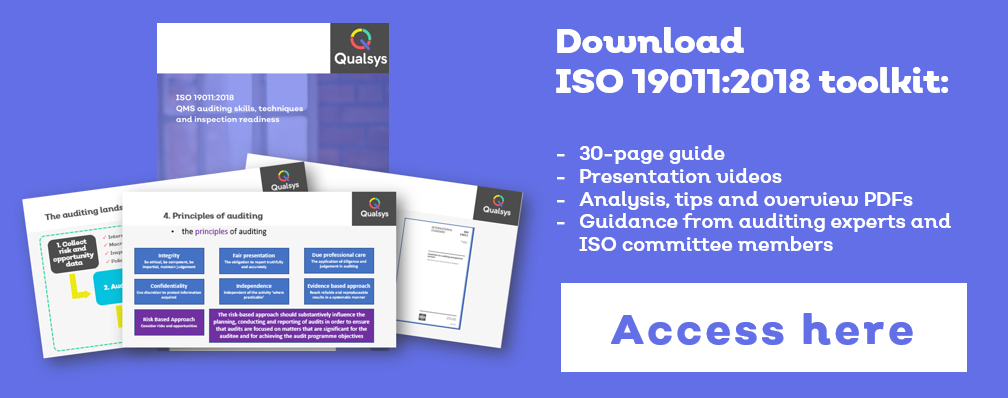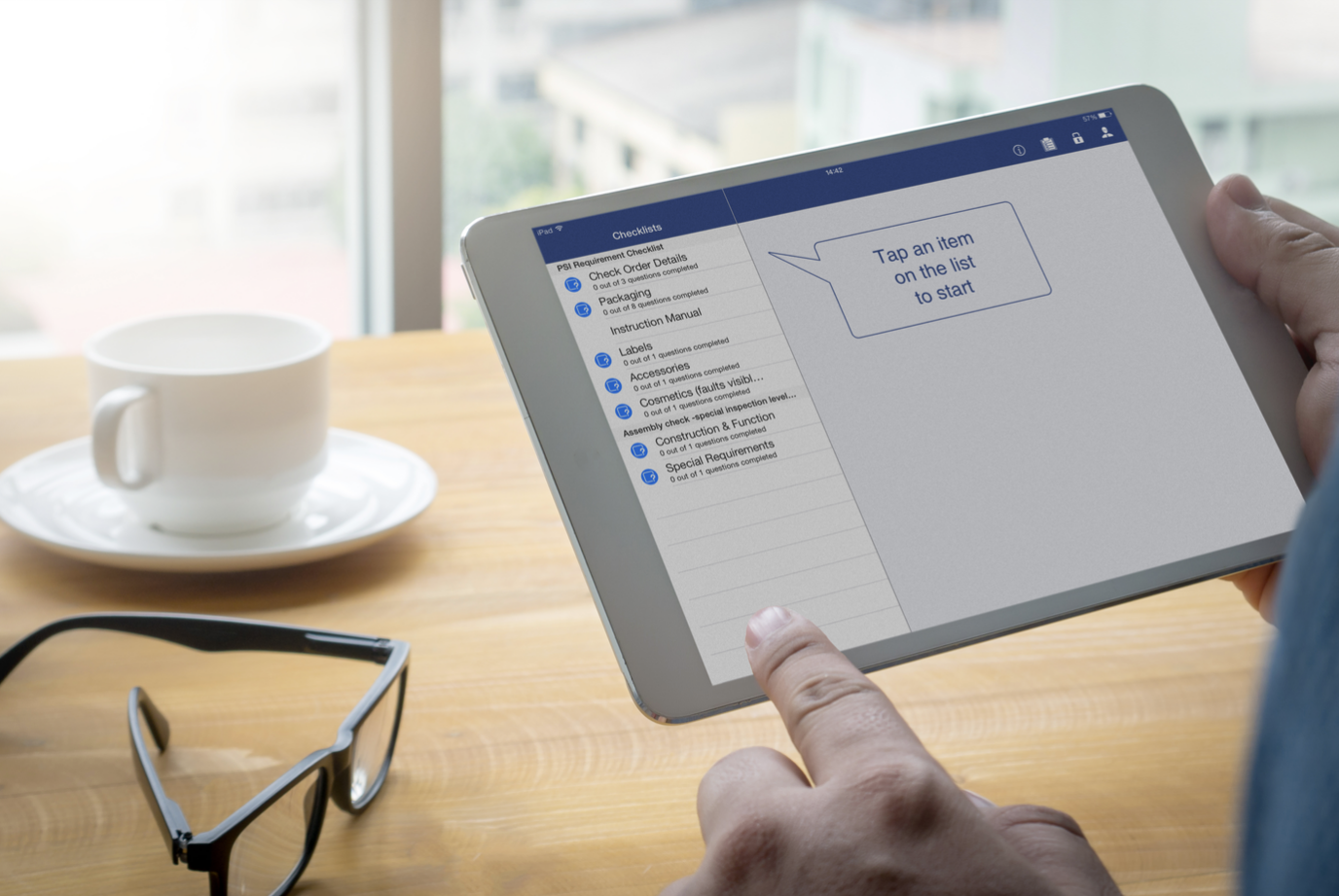Want to contribute to this article?
At some point, you've probably wondered what the best internal auditors have in common. Their individual auditing styles may vary, but it's no co-incidence that they are constantly driving improvements throughout the business.
What are the qualities of good internal auditors?
|
What makes a successful internal auditor?
1. They have good leadership skills
Internal auditors need to be able to analyse, advise and influence behaviour from the highest levels of the organisation. It follows then that the best internal auditors are able to lead others.
This means they are good at listening and speak the language of the board.
2. They don't get self-conscious
Auditors need to be objective. When something doesn't look right, objectivity enables them to ask tough questions, notify management, and work through the issue in accordance with professional standards.
The best internal auditors aren't phased by the HiPPO. HiPPO (Highest Paid Person's Opinion), a phenomenon whereby some people will agree with whoever is the highest paid person in the room, because it’s uncomfortable to challenge them. The best internal auditors have the self confidence to comment and challenge the status quo. They know they are paid to have an opinion on matters.
3. They're persistent
Most auditors raise an audit findings report, detail some recommendations, then leave it there.
The best internal auditors know that it takes 21 days to make something a habit. They know it takes time, energy and commitment to make the required changes.
4. They're good with technology
It takes on average 67% more time to do an audit manually. Auditors not embracing technology spend two thirds more time planning, scheduling, writing up actions and sending out reports than those embracing auditing technology.
The best auditors spend their time thinking about strategy, because the auditing software tools are embedded throughout the organisation.
5. They're good at building relationships
The best internal auditors are able to engage and influence stakeholders throughout the organisation. This isn't easy.
Most internal auditors will need to deal with different attitudes towards compliance and quality management. A recent report mapped stakeholder attitudes into groups.
- 75- 80% best endeavours at heart. They will do what they can to help the organisation achieve it's goals.
- 15 – 20% are compliance champions. These personalities are often dubbed the “concrete layer” within the organisation. Usually dominant characters, these stakeholders are a risk for internal auditors because want a "command and control" environment. The message is "Just tell me what you want me to do." This leaves them blind to issues. The best internal auditors have strategies to deal with this concrete layer in the organisation.
- 1 – 5% are not band by the rules. These personalities know better but deliberately go ahead anyway. The best internal auditors are able to engage this attitude.
6. They're always learning
Whether they're learning about the revised ISO 19011:2018 management system auditing standard or networking at IRCA events, the most successful internal auditors are constantly reviewing the latest best practices to upgrade their skills.
7. They use Big Data
Let's face it, often there is so much which needs improving that it can feel very overwhelming for internal auditors to know where to start.
The best internal auditors take a risk-based approach to prioritise their workload. They use Big Data to know where to focus and avoid time-sapping tedious changes.
8. They're creative
Internal auditing is essentially problem solving. The best problem solvers are creative - they know that it's not always a yes or no answer. There are shades of grey that needs to be understood. It's about asking the right questions in the right way.
9. They're diplomatic
We've said already that internal auditors often need to deal with challenging, complex issues. This can be about business ethics whistleblowing. Approaching these subjects successfully requires high levels of diplomacy.
10. They follow their gut
As Kate Armitage, Head of Quality Assurance at Qualsys advised during the ISO 19011:2018 CQI conference:
Keep your eyes open, keep your ears open, and follow your nose. Don't be afraid to follow your gut if something doesn't feel right.
Want more information about ISO 19011:2018? Download our ISO 19011:2018 toolkit here









Share your thoughts on this article